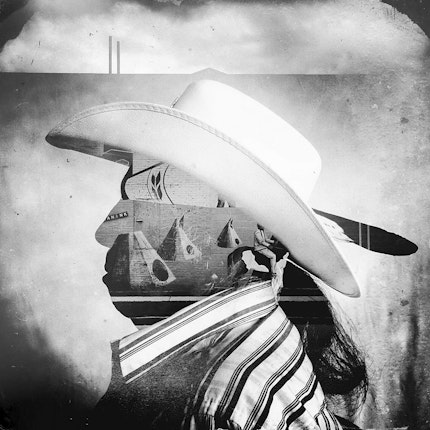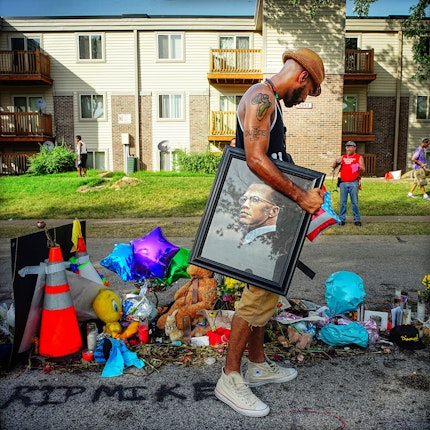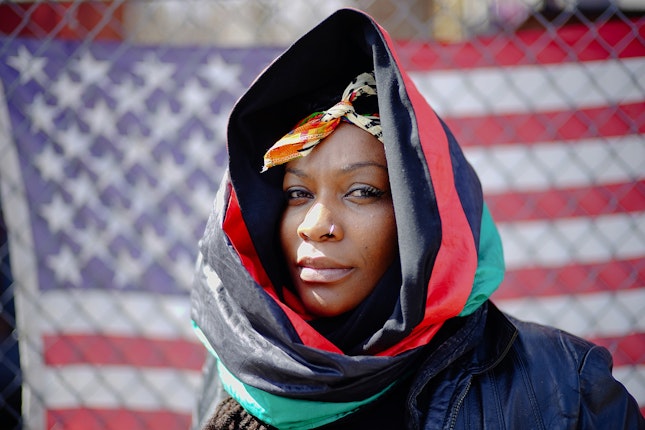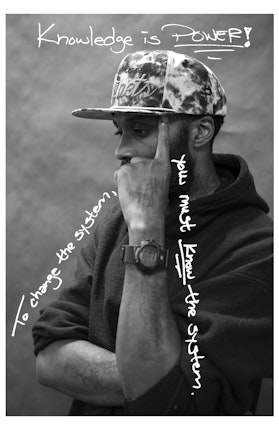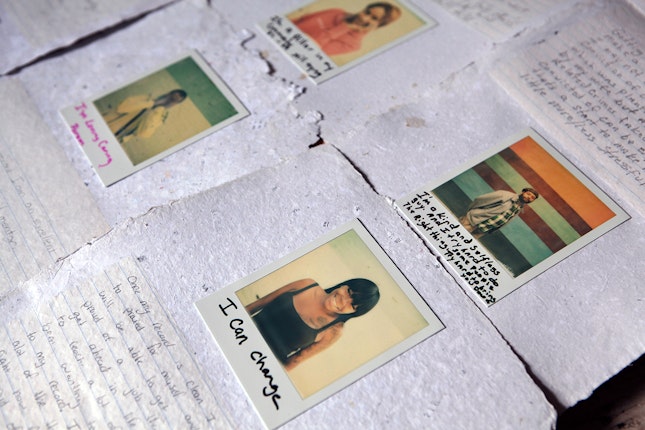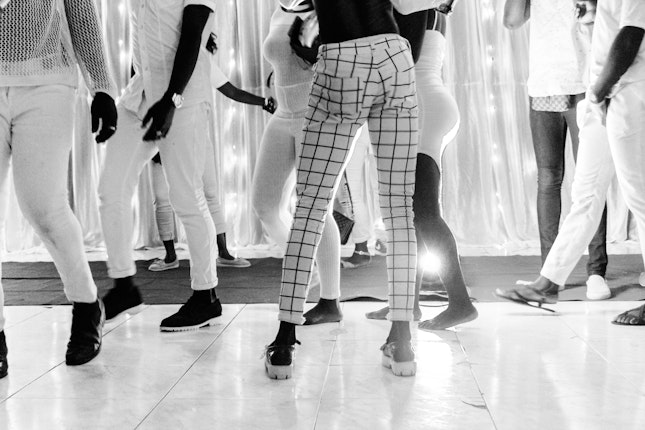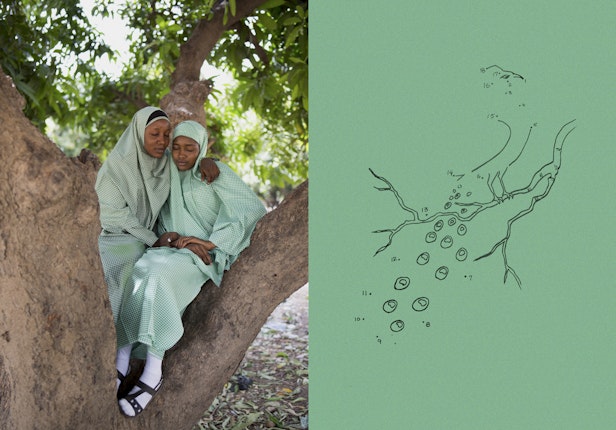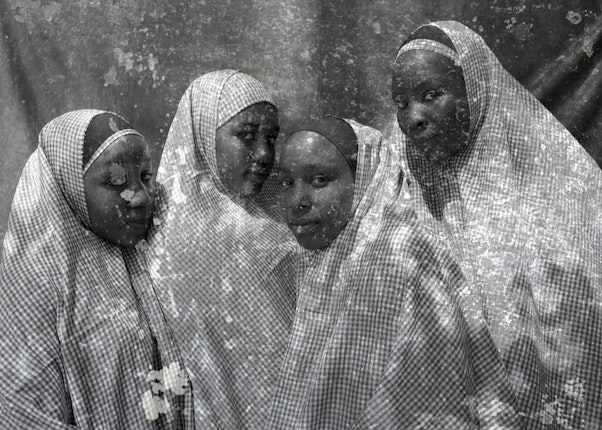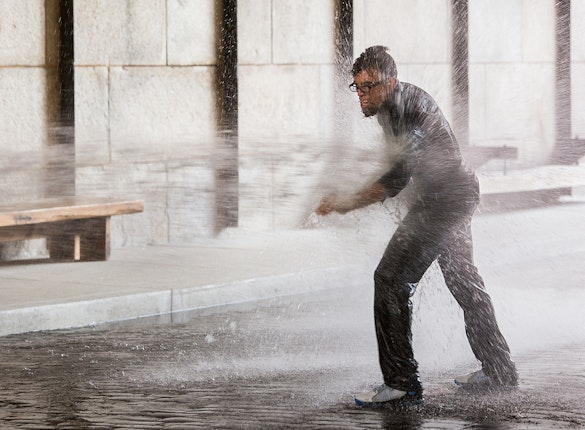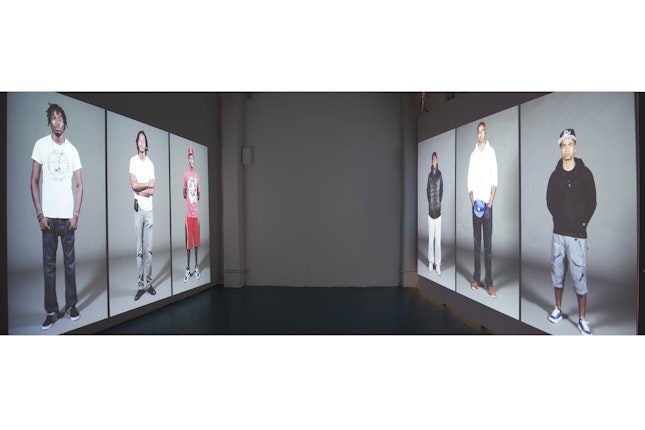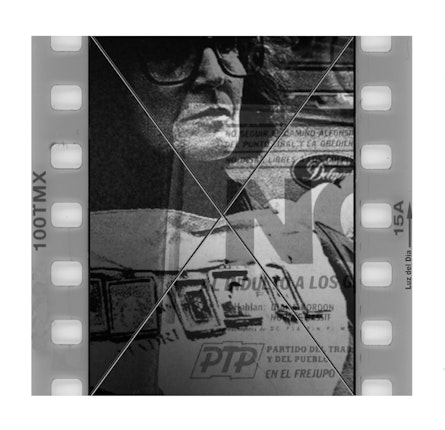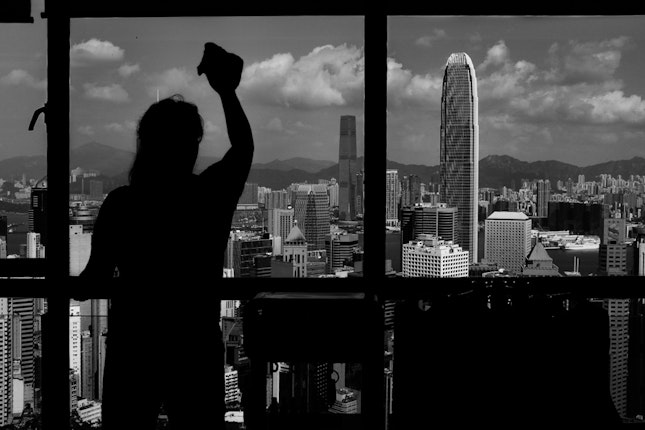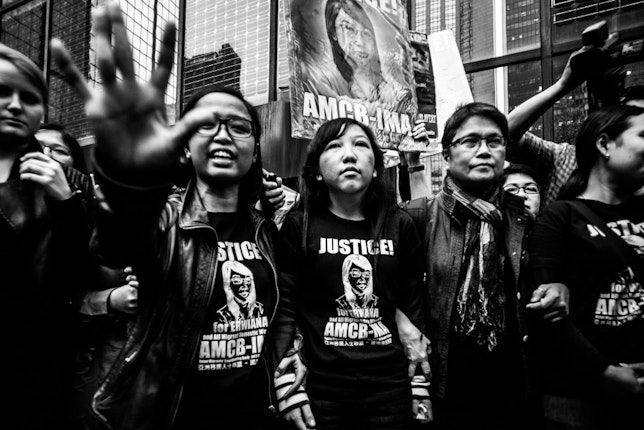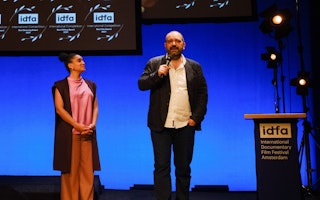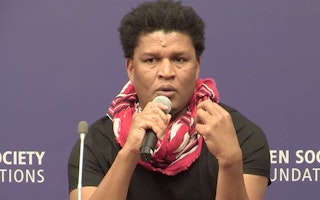Announcing the 24th Moving Walls Exhibit, Here We Are: Visual Resistance and Reclaiming Narratives
By Yukiko Yamagata
The Open Society Documentary Photography Project is pleased to announce our upcoming exhibition, Here We Are: Visual Resistance and Reclaiming Narratives, the 24th iteration of Open Society’s ongoing Moving Walls exhibition series.
Here We Are brings together 10 individual and collective artists, journalists, documentarians, and advocates who engage with art and documentary practice as forms of resistance. Together they confront and challenge our understanding of past trauma, present-day realities, and future possibilities within the context of race, religion, sexuality, political and economic repression, and colonial history.
In addition to being selected for the Here We Are exhibition, they also represent the inaugural class of Open Society Moving Walls grantees, who have been awarded funding to continue existing or new bodies of work that stand at the intersection of arts, media, documentary, and social change.
Their work hangs in the galleries of Open Society’s New York office at a time when our work within a larger community of change-making individuals and organizations is under attack, and we are united and emboldened in our collective strength and resolve. We are proud to support and stand with these artistic, socially engaged, innovative, revolutionary, and paradigm-shifting visionaries as they use their creativity to hold those in power accountable and catalyze transformative change.
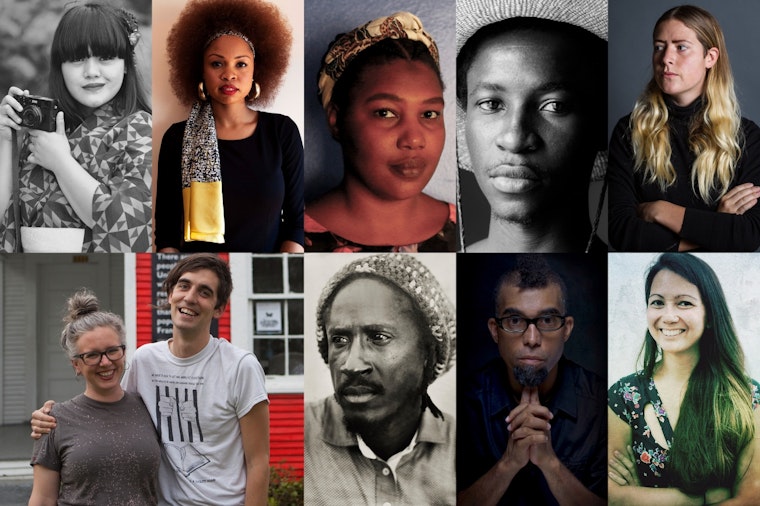
The following are the 2017 Open Society Moving Walls grantees:
- Xyza Cruz Bacani (b. 1987, Philippines) will exhibit work on labor migrants in Hong Kong and New York who have survived labor trafficking. Her grant will support a new project on the role of education in promoting peaceful coexistence within the context of conflict in the southern Philippines.
- Endia Beal (b. 1985, United States) will exhibit “The Performance Review,” which features portraits and a composite video that examine the stories of Black women working within corporate spaces. Her grant will support the development of an exhibition, a book, a new experimental video, and public programming on diversity and inclusion.
- Rahima Gambo (b. 1986, Nigeria) will exhibit “Education Is Forbidden,” an installation of photographs and school book illustrations that reflects on northeastern Nigeria students returning to school after an attack by Boko Haram. Her grant will support a new project that combines photography and sculpture that reflects on the increasing use of female suicide bombers by Boko Haram in northern Nigeria.
- Eric Gyamfi (b. 1990, Ghana) will exhibit “Just Like Us,” an interactive installation of photographs documenting couples and friends in Ghana. His grant will support the ongoing expansion of the project, including the creation of new work, additional exhibition venues, and public programming.
- Stephanie Mercedes (b. 1993, United States) will exhibit “Luz del Día: Copyrighting the Light of Day,” an artistic intervention to resist a pending Argentine copyright bill that will remove images taken during the 1976–83 Dirty War from the public domain. Her grant will support the completion of the project.
- Reentry Think Tank will exhibit “I AM, We the People,” an installation of artwork and other media used in campaigns to redesign services and policies to benefit people reentering society after incarceration. The collective is a project conceived by codirectors Courtney Bowles (b. 1974, United States) and Mark Strandquist (b. 1985, United States) and includes: Hiram Adams, James Baker, Faith Bartley, Deanna Bell, Josette Bennett, Russell Craig, Aaron Crump, Alphonso Dashiell, Joshua Glenn, Anthony Hirschbuhl, David Jackson, Anthony Lovett, Sheila Michael, Tarrence Swartz, Colwin Williams, and Romeeka Williams. The grant will support the expansion of the collective’s work.
- Ruddy Roye (b. 1969, Jamaica) will exhibit “When Living Is a Protest,” a photographic and poetic reflection on Black Americans in cities and towns—from Newark, New Jersey, to Memphis, Tennessee, and Ferguson, Missouri—for whom the very act of living is a form of resistance. The grant will support the continuation of this project.
- Dread Scott (b. 1965, United States) will exhibit “in this society, on this earth, in this day,” a presentation of two bodies of work, “Stop” and “On the Impossibility of Freedom in a Country Founded on Slavery and Genocide.” His grant will support Slave Rebellion Reenactment, a conceptual, community-engaged performance involving hundreds of reenactors restaging and reinterpreting Louisiana’s German Coast Uprising of 1811, the largest rebellion of enslaved people in North American history.
- Daniella Zalcman (b. 1986, United States) will exhibit “Signs of Your Identity,” a series of layered portraits of survivors of the indigenous residential school system in Canada. Zalcman will use her grant to expand the work to include the United States, where 59 indigenous residential schools still operate today.
Here We Are: Visual Resistance and Reclaiming Narratives will be open to the public at the Open Society Foundations’ office in New York from October 4, 2017, through July 20, 2018.

Until December 2021, Yukiko Yamagata was curatorial and deputy director of Culture and Art at the Open Society Foundations.
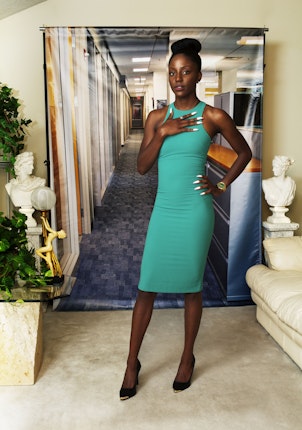

![From the series “Signs of Your Identity.” “I was raped at school. He was an old man, the janitor. I didn’t tell anyone for decades, because I thought people would judge me. The only person I ever told was my mother [who went to Muskowekwan Indian Residential School]. All she said was, ‘That’s how I was brought up, too.’” —Seraphine Kay, Qu’Appelle Indian Residential School, 1974–1975. Photo credit: © Daniella Zalcman Composite photo of leaves and a portrait](https://opensocietyfoundations.imgix.net/uploads/cfa498e4-96b5-40c8-81d8-64d6c3b258b2/20170913-3-mw24-zalcman-06.jpg?auto=compress%2Cformat&fit=min&fm=jpg&h=430&q=80&rect=0%2C0%2C1536%2C1536)
